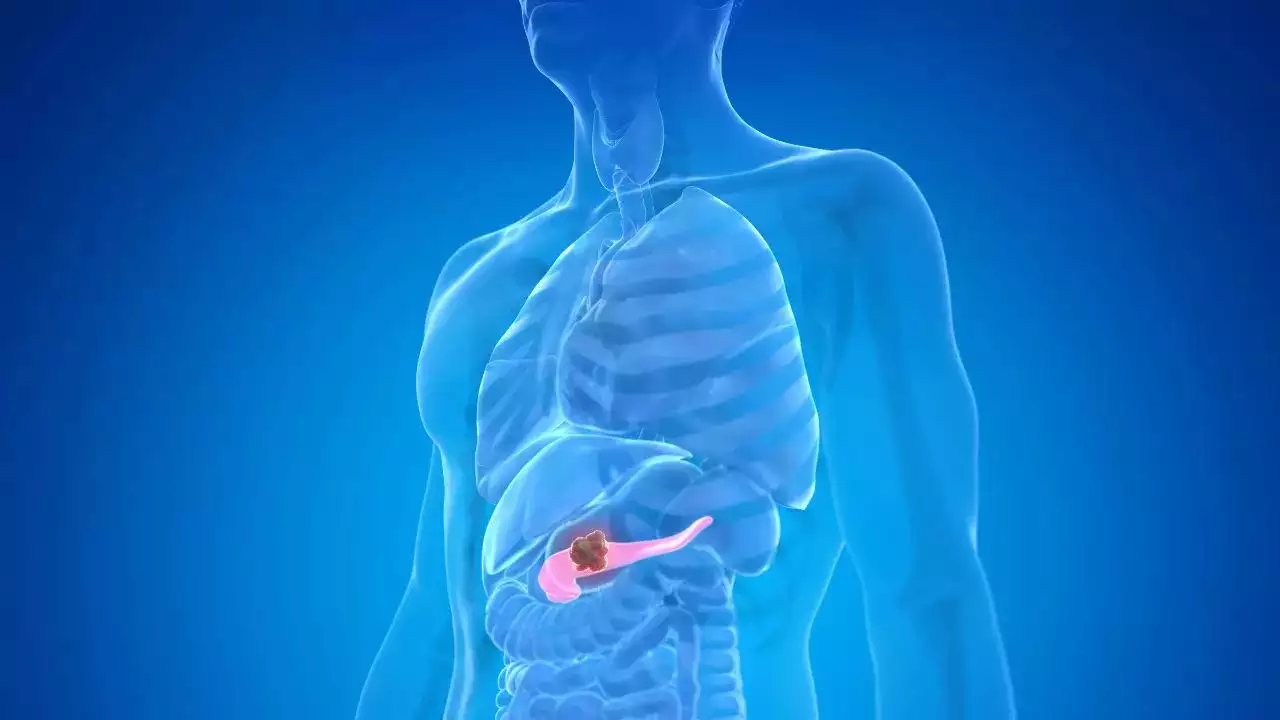
Symptoms Of Pancreatic Cancer You Shouldn’t Ignore
World Pancreatic Cancer Day is observed every year on November 21. The day aims to raise awareness about pancreatic cancer which is one of the deadliest forms of cancer. It highlights the need for awareness, early detection and research advancements for better outcomes. Pancreatic cancer is a form of cancer wherein cancerous cells grow in the pancreas.
World Cancer Research Fund International says that it is the 12th most common form of cancer in the world. In 2020, there were more than 495,000 new cases of pancreatic cancer across the globe. Mayo Clinic says that the condition is rarely diagnosed in the early stages when the chance of curing it is the highest. This is because pancreatic cancer doesn’t cause major symptoms until it spreads to other organs. At this stage, the condition might reach advanced stages and it might not be curable.
Therefore, spotting the early symptoms can be helpful in diagnosing the condition and undertaking necessary treatment. Here, take a look at some of the early symptoms that you shouldn’t ignore that can help in early detection and better outcomes.
Unexplained Weight Loss
Sudden and unexplained weight loss may be a sign of pancreatic cancer. This occurs when the body cannot properly digest food or absorb nutrients due to the tumour affecting digestive enzymes.
Jaundice
Yellowing of the skin and eyes (jaundice) can be an early sign of pancreatic cancer. Tumours in the pancreas may obstruct bile ducts which leads to a buildup of bilirubin, thereby, causing the yellowish tint.
Abdominal Pain
Persistent abdominal pain, especially in the upper abdomen or back may indicate pancreatic cancer. The pain can worsen after eating or when lying down.
Loss of Appetite
If you notice a significant decrease in appetite, it may result from changes in digestion due to pancreatic tumours. This often accompanies unintentional weight loss.
Fatigue
Ongoing fatigue or weakness that doesn’t improve with rest can be a warning sign. Cancer-related fatigue is often caused by the body’s energy being diverted toward fighting the disease.
Changes in Stool
Pale, greasy or floating stools can result from pancreatic tumours blocking the bile ducts which leads to poor digestion.
Diabetes or Increased Blood Sugar
New-onset diabetes or worsening blood sugar levels in someone who previously had normal glucose levels can be related to pancreatic cancer as the tumour can interfere with insulin production.
Nausea and Vomiting
Persistent nausea or vomiting may occur due to the obstruction of the digestive tract or pressure from a growing tumour affecting stomach function.
Get Latest News Live on Times Now along with Breaking News and Top Headlines from Health and around the world.
